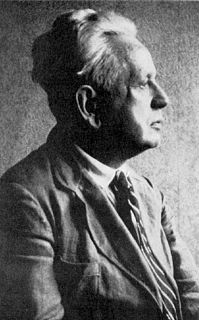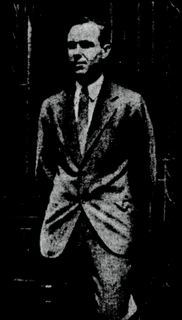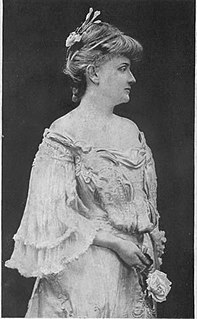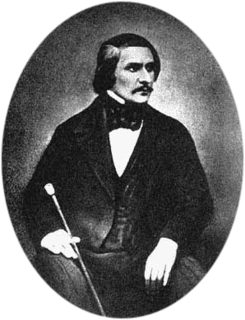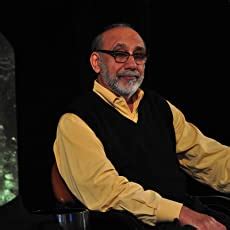A Quote by Christopher Hitchens
I think the cultural task is to separate our impulses and needs and desires from the supernatural and, above all, from the superstitious.
Related Quotes
My chief aim was to combat the view that there can be no true morality without supernatural sanctions. So I argued at length that the social, or altruistic, impulses are the real source of morality, and that an ethic based on these impulses has far more claim on our allegiance than an ethic based on obedience to the commands of a God who created tapeworms and cancer-cells.
The measure of our rationality determines the degree of vividness with which we appreciate the needs of other life, the extent to which we become conscious of the real character of our own motives and impulses, the ability to harmonize conflicting impulses in our own life and in society, and the capacity to choose adequate means for approved ends.
We think of religion as the symbolic expression of our highest moral ideals; we think of magic as a crude aggregate of superstitions. Religious belief seems to become mere superstitious credulity if we admit any relationship with magic. On the other hand our anthropological and ethnographical material makes it extremely difficult to separate the two fields.
Quinn sat back down. He leaned forward, elbows on knees. "Man, don't you remember taking tests in school? Multiple choice: A, B, C, D, or E, all of the above. "Yeah?" "Dude, sometimes the answer is 'all of the above.' This places needs you. And it needs Astrid. And it needs Sam. It's all of the above, Albert.
I think it's hard sometimes for people to grapple with the real-life consequences of political change. I think that, we as a culture, feel like politics is one sector of our lives that can feel apart from our personal lives and the cultural things we're interested in and the sports we watch. It feels like this separate, different thing.
We are not separate. Our sense of separateness is superficial and exist only in the physical dimension. In our human element, we are not separate; we’re very much connected. Every other human being is just as precious as we are, and worthy of as much respect and love and consideration. This understanding needs to manifest in our conduct in each moment. This is the part of the Work that will transform you.




